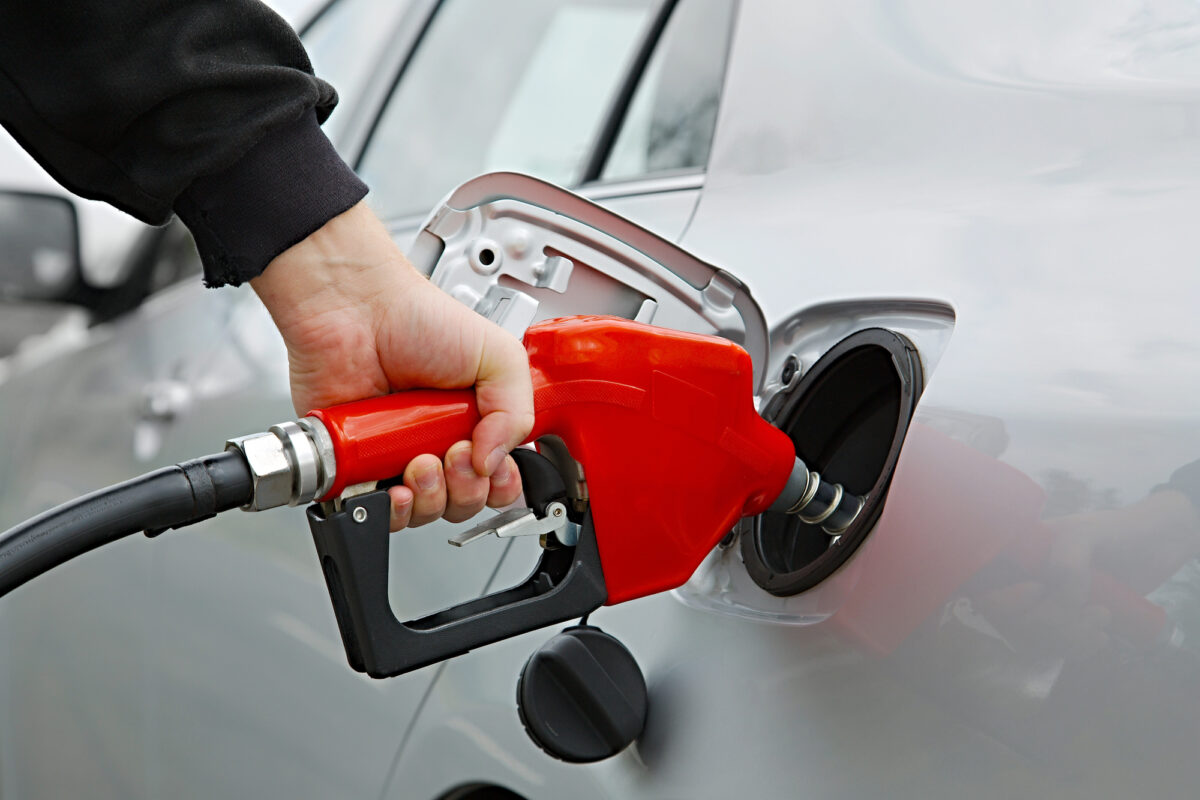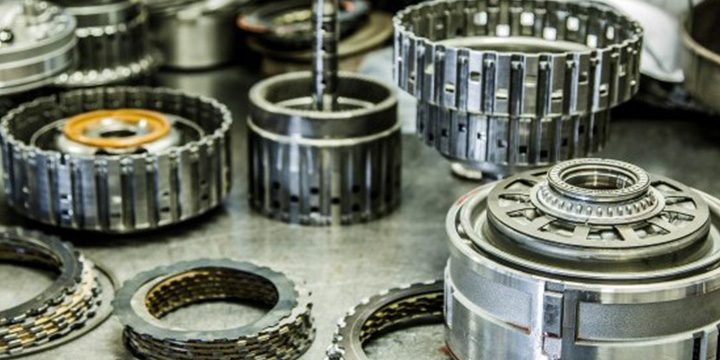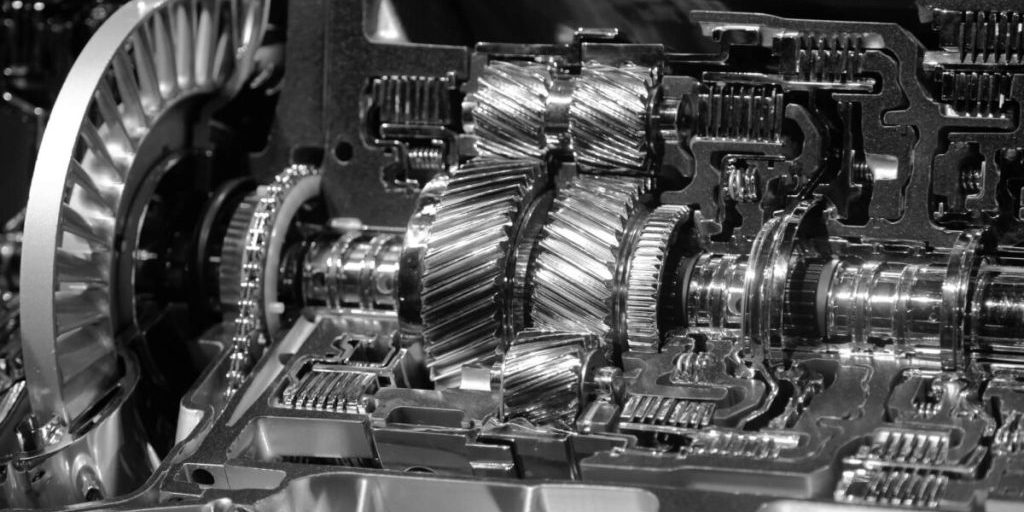How transmissions affect fuel efficiency
April 29, 2024

Automobile transmissions are mechanical or hydraulic systems that transmit power from the engine to the wheels. They play an essential role in all vehicles, allowing the automobile to change speed and direction. Transmissions come in various types, each with its own mechanisms and characteristics. The two most common transmission types are manual transmission and automatic transmission. Hybrid types also exist, however, including continuously variable transmission (CVT), dual-clutch transmission (DCT), and automated manual transmission (AMT).
Regardless of the technology used, auto transmissions have a direct impact on fuel efficiency. Gear ratios affect engine speed, and control systems optimise gear changes based on conditions. Modern advances in transmission technology continue to improve fuel economy, allowing vehicles to achieve better mileage without sacrificing engine durability or driving performance.
How do automobile transmissions affect fuel efficiency?
Automobile transmissions play a significant role in the fuel efficiency of a vehicle. They work by manipulating gear ratios, impacting the distribution of mechanical energy in the vehicle’s engine. Regardless of their technology type, all transmission systems have multiple gears. Each gear has its own ratio, which determines the relationship between engine speed (RPM) and wheel speed. This is the basic function of every transmission system, and it affects both efficiency and performance.
By choosing the right gear ratio, either manually or automatically, the engine can operate more efficiently. Different gear ratios are used at different times, allowing the automobile to operate at different speeds and loads. Gears help to optimise the engine speed, which in turn affects the wheel speed. With the right gear ratio, the engine can operate within its optimal RPM range. This makes the engine work more efficiently, maximising power output while minimising fuel consumption.
How does the type of transmission affect fuel efficiency?
Transmission fuel efficiency depends on the type of system used. Transmissions vary widely in their design and operation, and they also employ a variety of manual or automated control systems. The following transmission types are common:
- Manual transmissions typically offer better fuel economy. The reason for this is simple, with the driver able to control gear selection and optimise the shifting process. Drivers anticipate road conditions, upshifting or downshifting at optimal engine speeds. Manual transmissions are often preferred when people desire fuel efficiency or driving performance.
- Automatic transmissions, especially older ones, may be less efficient due to hydraulic losses. Automated shifting allows less precise control over gear changes, especially in challenging driving conditions. Technological advances have improved these deficiencies, however, with many vehicles featuring improved torque converters, electronic controls, and additional gears.
- Modern or hybrid transmissions include advanced control systems. In some cases, these systems can surpass manual transmissions in fuel efficiency. This is especially the case in city driving conditions, where cars are stopping and driving slowly on a regular basis. New automated technologies are also more convenient, which can promote efficient driving habits.
How do mechanical components affect efficiency?
The design and quality of automobile transmission components have a major influence on fuel efficiency. For example, high-quality bearings, seals, shafts, and lubricants all help to reduce friction losses. Using high-quality materials, precision manufacturing techniques, and advanced lubricants can lead to less friction and lower fuel costs.
Gear design and quality also affect performance. Gear teeth geometry, surface finish, and material composition are just some of the factors that can affect efficiency. Optimal tooth profiles and minimal backlash can reduce energy losses, influencing the friction and wear characteristics of the system. Gearbox and fuel economy issues are closely related.
The following mechanical components are known to affect fuel efficiency:
- Bearings and bushings support rotating shafts and gears within the transmission. Friction in bearings can contribute to energy losses. High-quality bearings with low-friction seals and precise tolerances can minimise friction and improve efficiency.
- Seals and gaskets prevent the leakage of transmission fluid and contaminants. Damaged or worn seals can lead to increased friction, causing leaks and reducing efficiency over time. The regular inspection and replacement of seals and gaskets is essential.
- The lubrication system helps to reduce wear and tear in transmission components. Inadequate lubrication can lead to increased friction, overheating, and component damage. Using high-quality lubricants and maintaining proper fluid levels is essential.
- The transmission housing provides structural support and protection for internal components. Optimising housing design for stiffness and weight helps to minimise energy losses due to vibration and deformation. In turn, this helps to improve fuel efficiency.
- The cooling system has an indirect impact on fuel efficiency. Overheating can reduce the performance and lifespan of transmission components. A well-designed cooling system helps to dissipate heat and maintain optimal temperatures throughout the vehicle.
How do additional features impact fuel efficiency?
Along with standard transmission components, many automated or semi-automated systems have additional features. Efficient transmission types rely on these features to improve fuel economy:
- Overdrive gears allow the engine to operate at lower RPMs during highway driving.
- Lock-up torque converters mechanically connect the engine and transmission to reduce slippage while driving.
- Transmission cooling systems help to regulate transmission fluid temperature.
- Advanced transmission control systems utilise sensors and algorithms to optimise gear selection.
- Start-stop systems automatically shut off the engine when the vehicle comes to a stop.
- Sports and eco modes adjust shift points, throttle response, and other parameters to optimise performance.
Depending on how they’re implemented and integrated with mechanical components, these technologies can help to save fuel. These additional transmission features can help to improve fuel efficiency by optimising gear selection and changing how the vehicle adapts to driving conditions.
As you can see, automobile transmissions have a major effect on fuel efficiency. From the overall design of the system to its mechanical components and control systems, each part of your transmission has an impact.
If you need a transmission specialist in Perth for a manual or automatic system, Auto Trans R Us is here to help. From vehicle services to full transmission rebuilds, we can help you to maximise the fuel efficiency and performance of your ride. Contact us today.
Read on...



